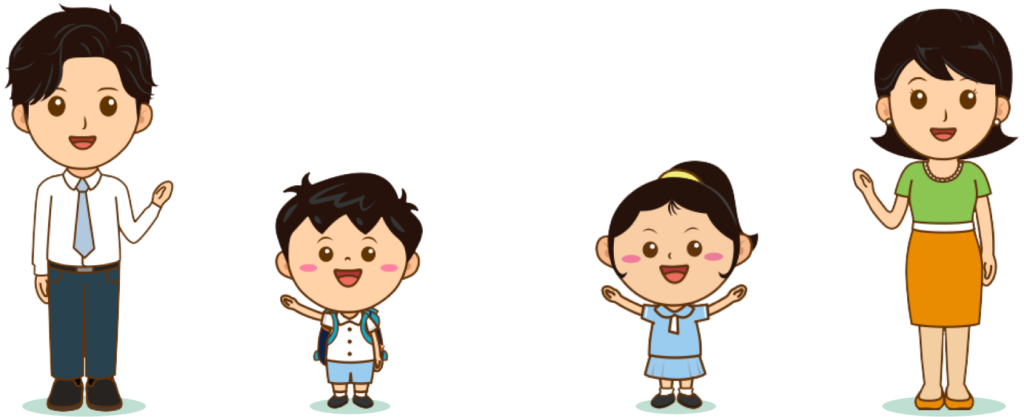
It is very common for children in Hong Kong to need to wear glasses due to myopia. Since myopia can affect children’s lives and learning, parents need to understand how to deal with it and seek medical attention early to control the progression of myopia, preventing it from worsening. Doctors remind parents to pay attention to the details of their children’s vision in daily life to check for any abnormalities. If needed, myopia control eye drops or suitable glasses can be used to correct vision. For children with severe myopia, close monitoring is even more essential.
Dr. Chan Shun Kit, Honorary Consultant Ophthalmologist at Glorious Hospital, stated, “High myopia” refers to myopia of over 600 degrees: “The longer the eyeball is stretched, the more severe the myopia becomes. The average length of a human eyeball is about 22 to 25 millimeters. For every millimeter of elongation, myopia may worsen by around 300 degrees. If myopia reaches 800 degrees or above, the risk of complications such as cataracts, glaucoma, and retinal detachment increases. For children with severe myopia, the primary goal for parents is to prevent the degree from continuously deepening, as the impacts on various aspects of growth can be long-lasting.”

Observing Children for Signs of Myopia in Detail
However, children often have myopia without realizing it themselves; they may only feel that things appear blurry without explicitly mentioning it. Dr. Chan advises parents to observe details of their children’s daily lives: “Check if your child frequently squints, sits close to the TV, or seems distracted. The most common signs are having difficulty seeing the blackboard at school, slower or error-prone handwriting, and even declining academic performance.” He suggests parents communicate regularly with teachers to understand their children’s learning situations and to identify vision problems early on.
To slow the progression of myopia in children, it is crucial to cultivate good lifestyle habits. Dr. Chan gives examples such as maintaining a distance of 30 centimeters from objects when looking at them and avoiding lying down or reading in dimly lit areas. Proper lighting is also essential when children are doing homework; for instance, if a child is right-handed, the light should come from the upper left. He adds that children around the age of 3 or 4 can undergo regular vision checks, and a balanced diet rich in Vitamin A is essential for overall eye health.

Improving Lifestyle Habits to Control Myopia
If a child’s myopia has progressed to the point of affecting their daily life and learning, parents can adapt by seeking appropriate treatment for their children. Dr. Chan mentions four methods to control the progression of myopia. The first method involves using “myopia control eye drops,” which use low-concentration doses to manage myopia, suitable for children’s use once a day. However, this is not a “miracle cure”; after using the eye drops, improvements in lifestyle habits or wearing glasses are still necessary to correct vision. Parents can also consider a combination approach tailored to their child’s situation, incorporating both myopia control eye drops and wearing defocus glasses.
The second method involves wearing defocus glasses, which place the image in front of the retina to slow down the elongation of the eye axis in myopic patients. The third and fourth methods involve wearing defocus contact lenses (hard lenses) or (soft lenses), typically recommended for children aged 7 and above. Hard lenses require daily cleaning, while soft lenses need daily replacement to reduce the risk of bacterial infections.
Dr. Chan mentions a case of a 6-year-old child with 200-degree myopia; the parents thought it was okay to delay glasses for a few more years, but during this time, the child’s vision continued to deteriorate, impacting their learning. He advises parents that if a child has myopia, early intervention is crucial, as the notion that “wearing glasses too early is bad for children” is a misconception.
*Note:
Dr. Chan emphasizes that there are various approaches to slowing the progression of myopia, each with different effectiveness, side effects, and risks. Parents should discuss with doctors to choose the most suitable treatment plan based on their child’s health and specific vision issues.



